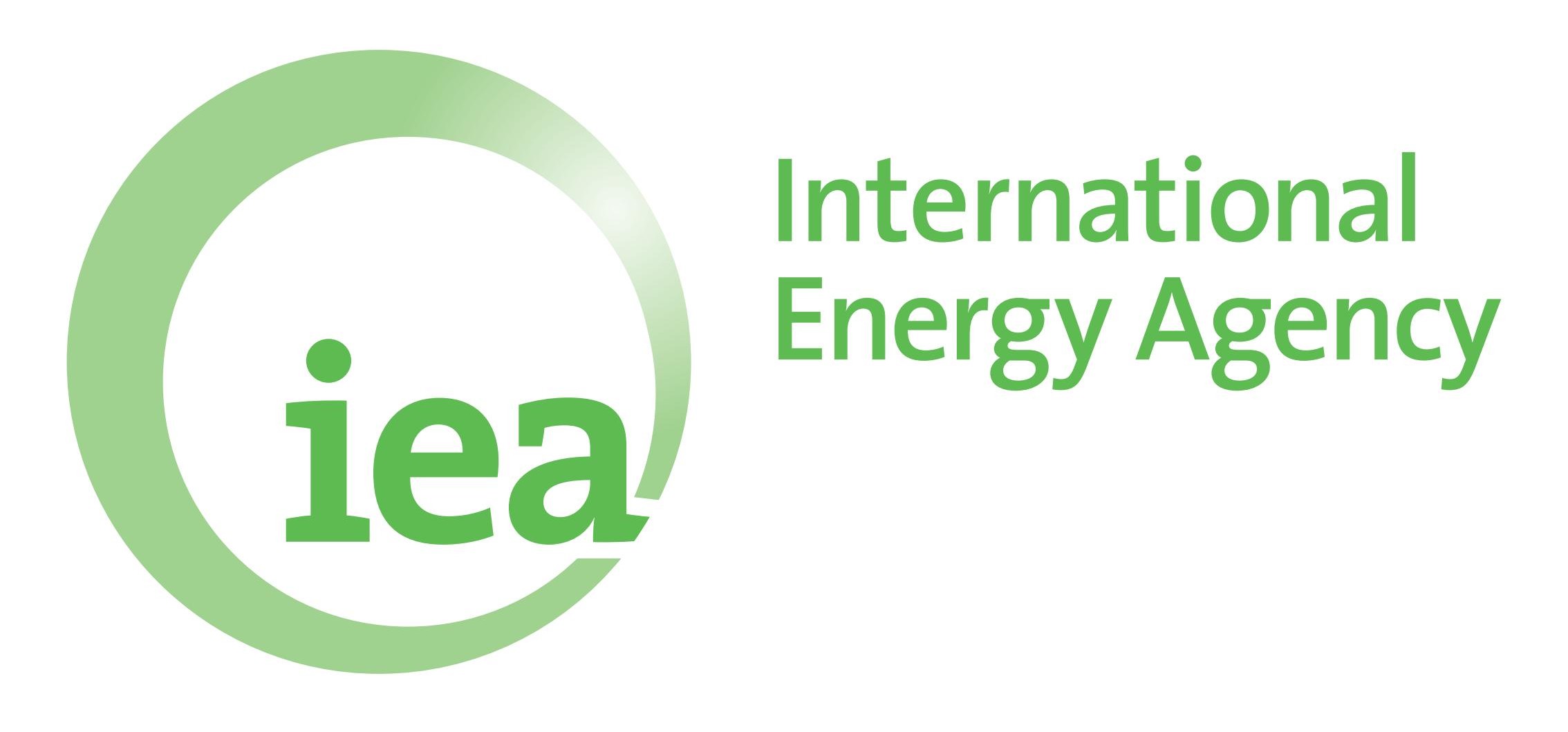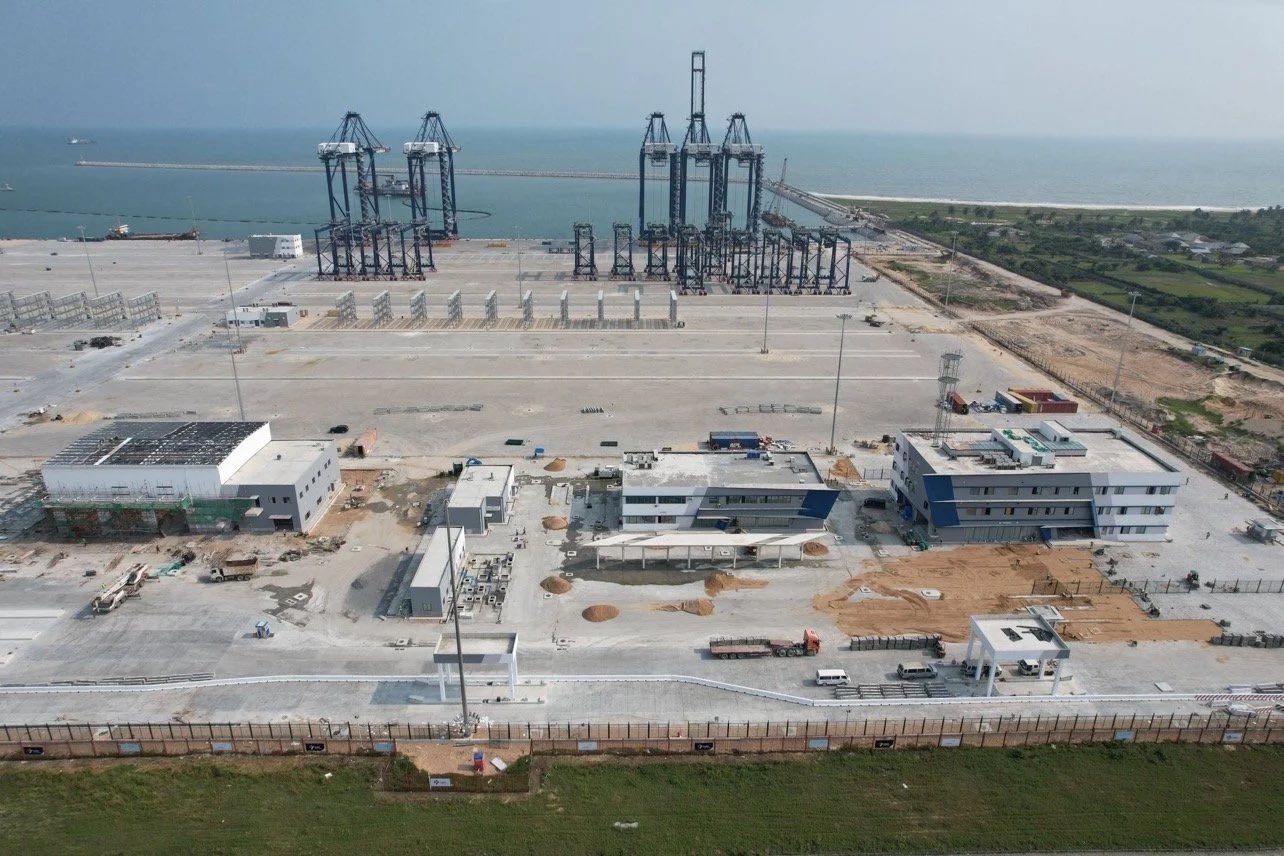The International Energy Agency (IEA) has said that investment in clean energy in emerging and developing economies need to rise more than seven times, topping $1 trillion per year by 2030, to put the world on track for net-zero emissions by 2050.
A report conducted with the World Bank and the World Economic Forum (WEF) by the IEA stated that without stronger action, energy-related carbon dioxide emissions from those economies – mostly in Asia, Africa, and Latin America – would grow by five billion tonnes over the next two decades.
It said while developing and emerging economies account for two-thirds of the world’s population, they receive only one-fifth of investment in clean energy.
Annual investments across all parts of the energy sector in developing and emerging markets have fallen by about 20 percent since 2016, it added, partly because of challenges including weak regulation and a lack of profitable clean energy projects.
According to the report, last year, $150 billion was put into renewables, adding that unless much stronger action was taken, the 2050 target may not be met.
“In many emerging and developing economies, emissions are heading upwards while clean energy investments are faltering, creating a dangerous fault line in global efforts to reach climate and sustainable energy goals.
“Countries are not starting on this journey from the same place – many do not have access to the funds they need to rapidly transition to a healthier and more prosperous energy future – and the damaging effects of the Covid-19 crisis are lasting longer in many parts of the developing world.
“There is no shortage of money worldwide, but it is not finding its way to the countries, sectors and projects where it is most needed. Governments need to give international public finance institutions a strong strategic mandate to finance clean energy transitions in the developing world,” the IEA Director, Fatih Birol, stated.
The report noted that recent trends in clean energy spending point to a widening gap between advanced economies and the developing world even though emissions reductions are far more cost-effective in the latter.
Besides, it stated that emerging and developing economies currently account for two-thirds of the world’s population, but only one-fifth of global investment in clean energy, and one-tenth of global financial wealth.
“Annual investments across all parts of the energy sector in emerging and developing markets have fallen by around 20 percent since 2016, and they face debt and equity costs that are up to seven times higher than in the United States or Europe,” it said.
Avoiding a tonne of CO2 emissions in emerging and developing economies costs about half as much on average as in advanced economies, according to the report, stressing that it is partly because developing economies can often jump straight to cleaner and more efficient technologies without having to phase out or refit polluting energy projects that are already underway.
Describing the report as a global call to action – especially for those who have the wealth, resources and expertise to make a difference – and offers priority actions that can be taken now to move things forward fast, Birol stressed that as the world expands energy access, it also needs a global transition to low-carbon energy.
World Bank Global Director for Energy and Extractives, Demetrios Papathanasiou, said the bank would continue to support countries that seek assistance to transition away from fossil fuels and scale up low-carbon, renewable energy, and energy efficiency investments.


 Forex4 weeks ago
Forex4 weeks ago
 Naira3 weeks ago
Naira3 weeks ago
 Billionaire Watch3 weeks ago
Billionaire Watch3 weeks ago




 Naira3 weeks ago
Naira3 weeks ago








 Naira3 weeks ago
Naira3 weeks ago


 Naira2 weeks ago
Naira2 weeks ago








 Naira2 weeks ago
Naira2 weeks ago








 Naira4 weeks ago
Naira4 weeks ago















